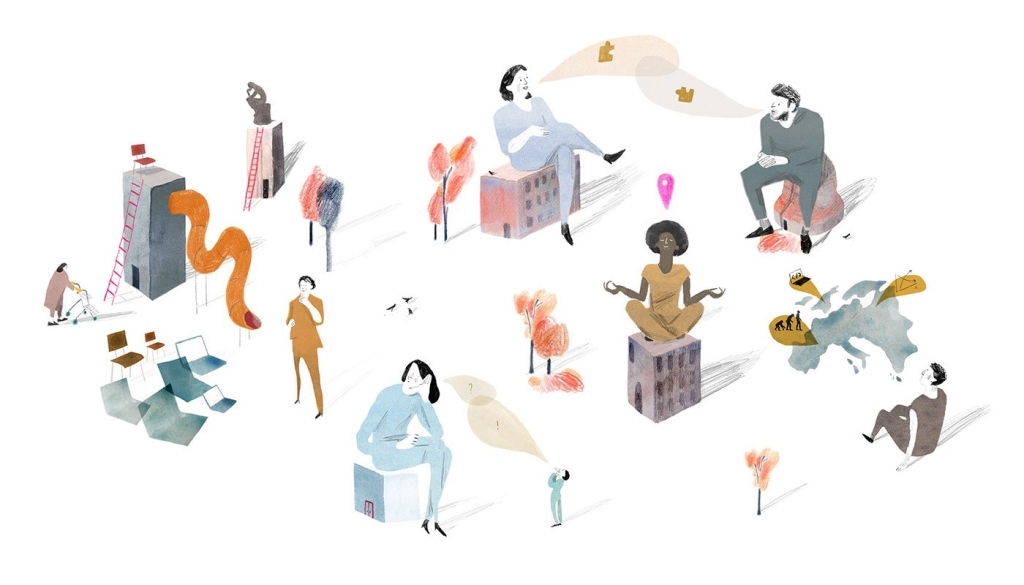For a long time, the Dutch education system was a success story. It was the engine behind various emancipation movements as well as the foundation for our knowledge economy.
But the system is breaking down. The emancipation engine is sputtering and inequality is on the rise. We see an increasing separation between the university-educated and those with other educational backgrounds, which is splitting society in two and does not bode well for one of these groups. And for whomever is in college, being there is likely more stressful than it is fun.
At the same time, there is a dire need for employees with relevant knowledge and skills — theoretical and practical. Our education system is lacking here as well. 21st century societies require a patchwork of learning, working and living together, in which education takes place at different moments in different places. This calls for a large change in the system: in how, where and when we learn.
Fortunately, we’re seeing plenty of alternatives pop up, from primary to university education. These reforms aren’t just policy-driven, but are also coming out of the school and university praxis. A mishmash of initiatives, which at times creates uncertainty on what works and what doesn’t.

